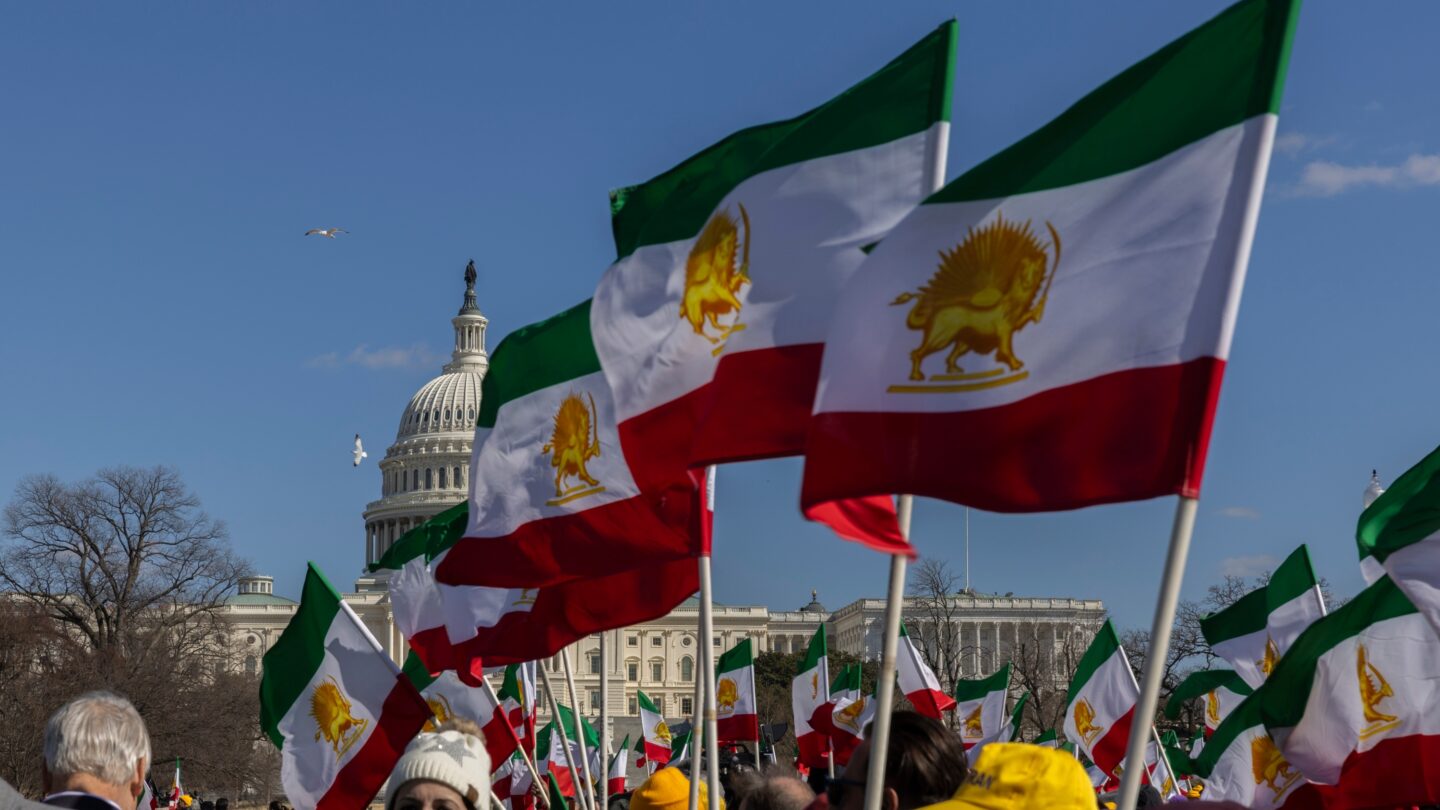This week, President Donald Trump is expected to sign executive orders broadly banning refugee resettlement, and permanently targeting refugees from seven countries, including Syria.
These executive orders threaten our national security, undermine the extensive vetting procedures we have in place to screen refugees, and discount the successes and contributions of refugees in America. They negate America’s fundamental political and cultural values, and will have devastating impacts worldwide.
Here are four key reasons why the ban is misguided, harmful, and wrong.
# 1: Resettling Refugees Keeps us Safer
Safeguarding human rights is a critical component of national security. Closing our borders to individuals fleeing radical regimes and areas governed by terrorists makes the United States considerably less safe.
Restricting refugee resettlement leaves thousands of dispossessed people stranded in refugee camp where they often lack basic needs like food and water. Historically, these conditions provide fertile grounds for radicalization and terrorist recruitment, putting an exceptionally vulnerable population at risk of succumbing to the influence and propaganda of terrorist organizations.
Conversely, accepting refugees helps negate terrorist propaganda. Allowing individuals fleeing terrorism, radical regimes, and war to seek refuge and build new lives here for their families fosters patriotism and loyalty. What’s more, it is not uncommon for these individuals to provide U.S. intelligence agencies with vital information that aid in the fight against terrorism. There is little to lose in accepting refugees, and much to gain.
# 2: Aggressive Vetting Procedures Already Exist to Identify Potential Terrorists
The national security rationale espoused as justification for these executive orders is feeble. National security experts, former White House officials, ambassadors, and leaders from the Departments of Defense, State, and Homeland Security signed a letter affirming that refugees are already the most aggressively vetted immigrant category in America, and that the U.S. should accept refugees to advance U.S. interests.
What’s more, the refugee screening procedure isn’t static; intelligence officials continually improve and adapt to new threats by employing cutting edge screening technologies. Refugees are victims of terrorism, not perpetrators of it—and the extremely rare cases of refugee extremism prove that.
The history of the U.S. refugee program demonstrates that the lengthy and extensive vetting that all refugees must undergo is an effective deterrent for terrorists. Recent research finds that the chance of being killed by a refugee-perpetrated terror attack was 1 in 3.64 billion per year. This means you’re more than 200 times times likely to be killed by lightning then a refugee terrorist.
# 3: Refugees Have Positive Economic Impacts on the U.S. Economy
Refugee resettlement has significant and demonstrable positive economic impacts in America. Refugees not only contribute to the economy by working at established companies; they also start new businesses, providing goods, services, and jobs to Americans.
Moreover, refugees are uniquely successful in transforming once declining areas into thriving neighborhoods—in part because many refugees resettle during their prime working years. Cities like Pittsburgh, Buffalo, Oklahoma City, Detroit, St. Louis, Nashville, and Baltimore recruit and empower refugees to inject new life into once prosperous communities to great success.
Resettling families displaced by war is compassionate, but it also helps revitalize once declining areas. The economic evidence is clear: refugees are an asset, not a burden.
# 4: Humanitarian Leadership Makes America Great
The U.S. refugee resettlement system has resettled more than 3.2 million refugees since 1975. Enjoying bipartisan support for decades and providing safety to millions, refugee resettlement enriches our communities and makes this country—and the world—a better place.
The need for resettlement is of heightened urgency today. There are more than 21 million refugees and 65 million displaced people worldwide—the highest numbers since World War II.
President Trump seeks to undo our humanitarian tradition by implementing policies that ineffectively address national security concerns and have no logical basis. The ban directly targets some of the world’s most vulnerable populations—refugees from nations that produced 43 percent of refugees last year—while abandoning fundamental American values. It actively undermines the international refugee protection system, unwinds decades of policy, and is an affront to basic decency.
What’s more, the U.S. resettlement program prioritizes children, rendering them the most blameless and helpless victims of Trump’s executive action. Congress, at a bare minimum, should pass legislation that continues refugee resettlement for children from the seven affected nations: Iraq, Iran, Libya, Sudan, Somalia, Yemen, and Syria.
Donald Trump coasted into power through a campaign fueled on xenophobia, populism, and blatant misinformation. Any hope that his alarming rhetoric and malleable approach to facts would subside once in power has now been dissolved. In claiming that refugees pose a threat and are not an asset to our communities, Mr. Trump is waging a war on reality.
He is also threatening to bring forward a new, sinister reality of America’s standing in the world if his executive orders go unchallenged: that we are no longer a humanitarian leader and stronghold of freedom and opportunity for all, but a nation that thrives on xenophobia, propaganda, and exclusivity.





